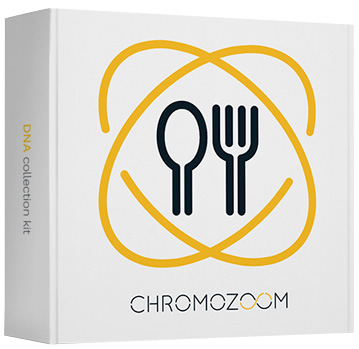LDL Cholesterol
What is LDL and how does it impact your health?Low-density lipoprotein (LDL), also called the “bad cholesterol”, is a representative of lipoproteins operating as a vehicle for cholesterol and other fat-soluble substances. These are transported from the liver to the tissues, while excess LDL remains in the arteries where it forms plaque. Hardening of the plaque then causes the blood vessels to clog, which is the major cause of atherosclerosis.
Therefore, reducing LDL cholesterol is an important tool for atherosclerosis prevention.
Blood Lipids
What are blood lipids?Blood lipids refer to fatty acids found in the blood. The liver is responsible for breaking down saturated fats into fatty acids, such as cholesterol and triglycerides, which are then passed into the blood stream.
What are the different types of lipids?
There are three types of lipids that are measured in the blood:
• Triglycerides: A type of fat produced in the body as a way to store excess calories consumed.
• Low-density lipoproteins (LDL): This type of cholesterol tends to build up on arterial walls which can restrict blood flow and cause a narrowing of arteries. Commonly referred to as ‘bad cholesterol’.
• High-density lipoproteins (HDL): A type of cholesterol that helps to absorb and transfer excess cholesterol in the body to the liver for removal. This type of cholesterol is commonly referred to as ‘good cholesterol’.
What are healthy lipid levels?
Healthy lipid levels are measured as a triglyceride value of less than 150 and a total cholesterol value of less than 200. The total HDL cholesterol should be 40 or greater and the LDL value less than 100.
• Triglycerides: < 150
• Cholesterol: < 200
o HDL: > 40
o LDL: < 100
What happens if lipid levels are too high?
Elevated lipid levels in the blood, known as hyperlipidaemia, can lead to the development of fatty deposits in the blood vessels. These deposits grow and restrict blood flow through the arteries which increases blood pressure. It is possible for these deposits to suddenly break free, leading to blood clots which may cause heart attack or stroke.
What is coronary heart disease?
Coronary heart disease is a condition in which the blood vessels that supply the heart with oxygen, blood, and nutrients are impaired, damaged, or diseased. Most commonly this is caused by a build-up of plaque in the arteries which decreases blood flow to the heart. Coronary heart disease, also referred to as coronary artery disease, is a primary cause of chronic illness and death.
Are there genetic factors of hyperlipidaemia?
There are genetic factors that can increase the likelihood of developing high cholesterol. Familial Hypercholesterolemia is an inherited condition in which the ability of the body to recycle LDL cholesterol is impaired. The onset of genetic conditions that elevate blood lipids can be asymptomatic until severe damage has already been done. It is important to have regular check-ups with a physician if one or more immediate family members suffer from such a condition or if high cholesterol is common in the family.
Can lipid levels be improved if they are too high?
It is possible to improve lipid levels if they become elevated. Triglyceride levels can be reduced through proper diet and exercise. It is important to reduce saturated fat intake, alcohol, and sugar intake to aid in reducing triglyceride levels. High cholesterol can also be reduced with the same adjustments, but it can prove particularly difficult if elevated levels are due to a genetic condition. In the case of a genetic condition it may be necessary to speak to a physician about medications that can help lower cholesterol.
General guidelines on maintaining healthy lipid levels
• Limit the amount of animal fats, saturated fats, and hydrogenated oils in diet
• Limit sodium intake
• Do not smoke
• Limit alcohol consumption
• Lose excess body fat and maintain a healthy weight
• Engage in cardiovascular exercise that maintains a target heart rate for at least 30 minutes each day
• Practice habits that reduce stress
